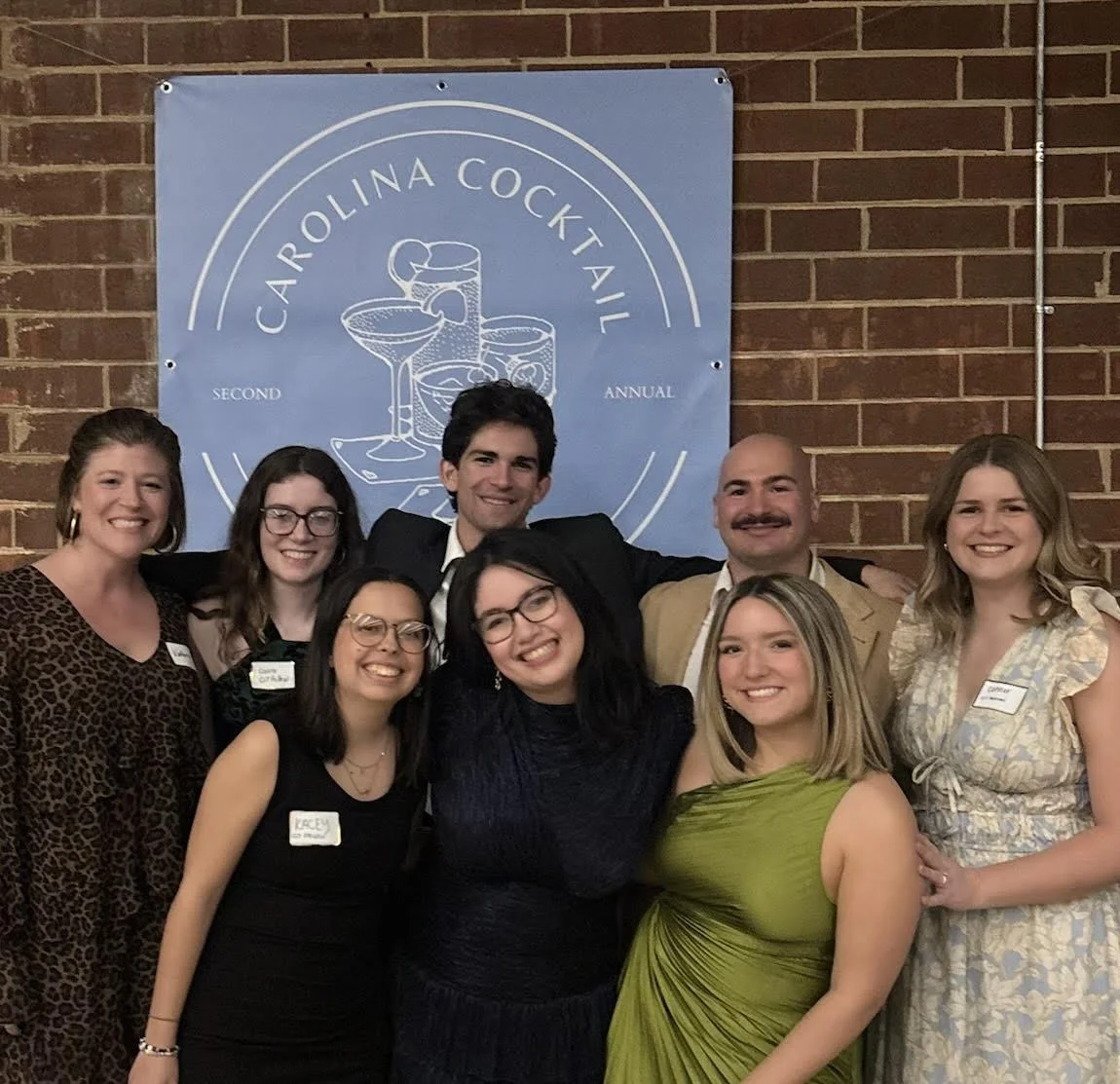Below are excerpts from an article by philosopher/author/professor James K.A. Smith on having vocational liturgies. The full article can be found here.
What are the rituals that start your day? Many of us have adopted daily habits without much reflection. Our morning rituals probably include a cycle of “checking in”—with email, with Facebook, with Twitter, with the Wall Street Journal. If Martian anthropologists landed in our offices or at our breakfast tables, they might read our hunched postures over our phones as a kind of religious devotion to some electronic talisman.
And what if those rituals aren’t just something that you do? What if they are also doing something to you? What if those rituals are veritable “liturgies” of a sort? What if pursuing God in our vocations requires immersion in rituals that direct our passions?
...
If we want to pursue God in our vocations, we need to immerse ourselves in rituals and rhythms and practices whereby the love of God seeps into our very character—is woven into, not just how we think, but who we are.
This is one of the reasons why worship is not some escape from “the work week.” To the contrary, our worship rituals train our hearts and aim our desires toward God and his kingdom so that when we are sent from worship to take up our work, we do so with a habituated orientation toward the Lover of our souls.
This is also why we need to think about habit-shaping practices—“vocational liturgies,” we might call them—that can sustain this love throughout the week. ...
Let’s think creatively about rhythms and rituals and routines that would let the good news sink into us throughout the week. I’m reminded of an investment banker in Manhattan who spearheaded the practice of listening to the public reading of Scripture with his colleagues on Wall Street. Or teachers who have committed to the practice of morning prayer as a way to frame their daily work. There are all kinds of ways to contextualize vocational liturgies that train us to love the God who pulls us and calls us. We must remember that anything we do repeatedly, all of our daily rituals—from habitually checking emails and Facebook, to intentionally praying and reading Scripture—shapes the kind of people we are.





